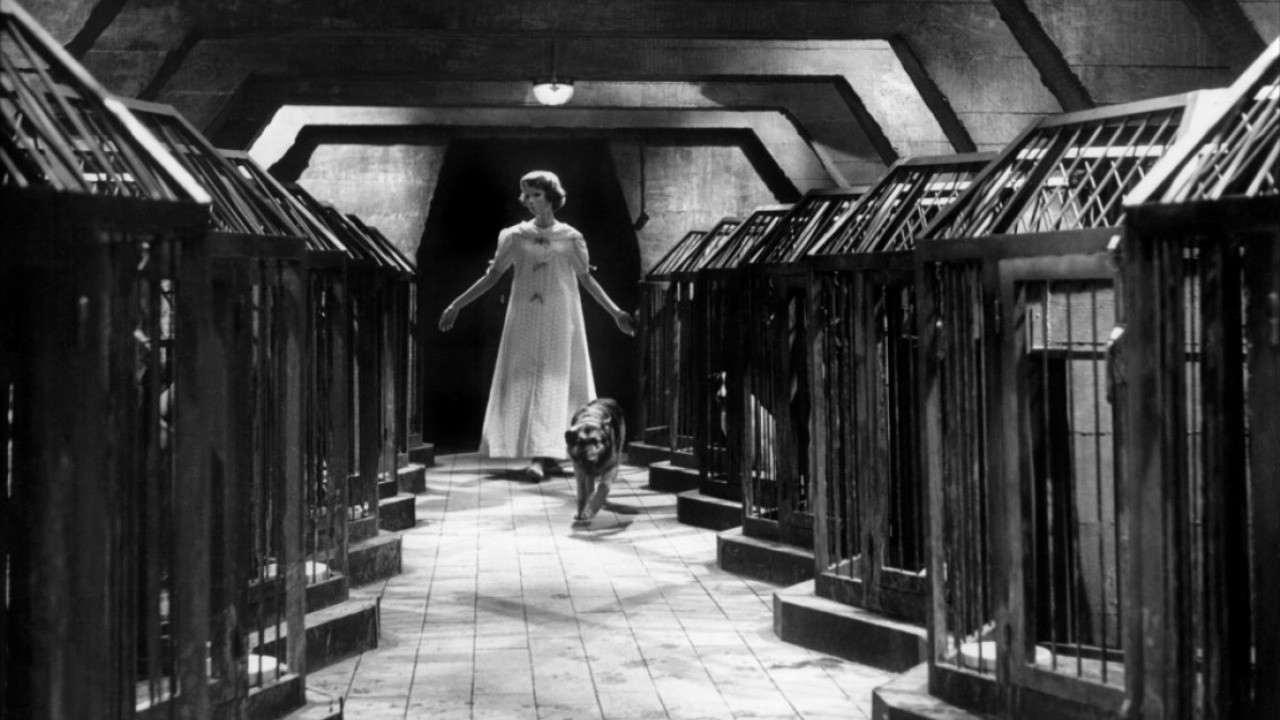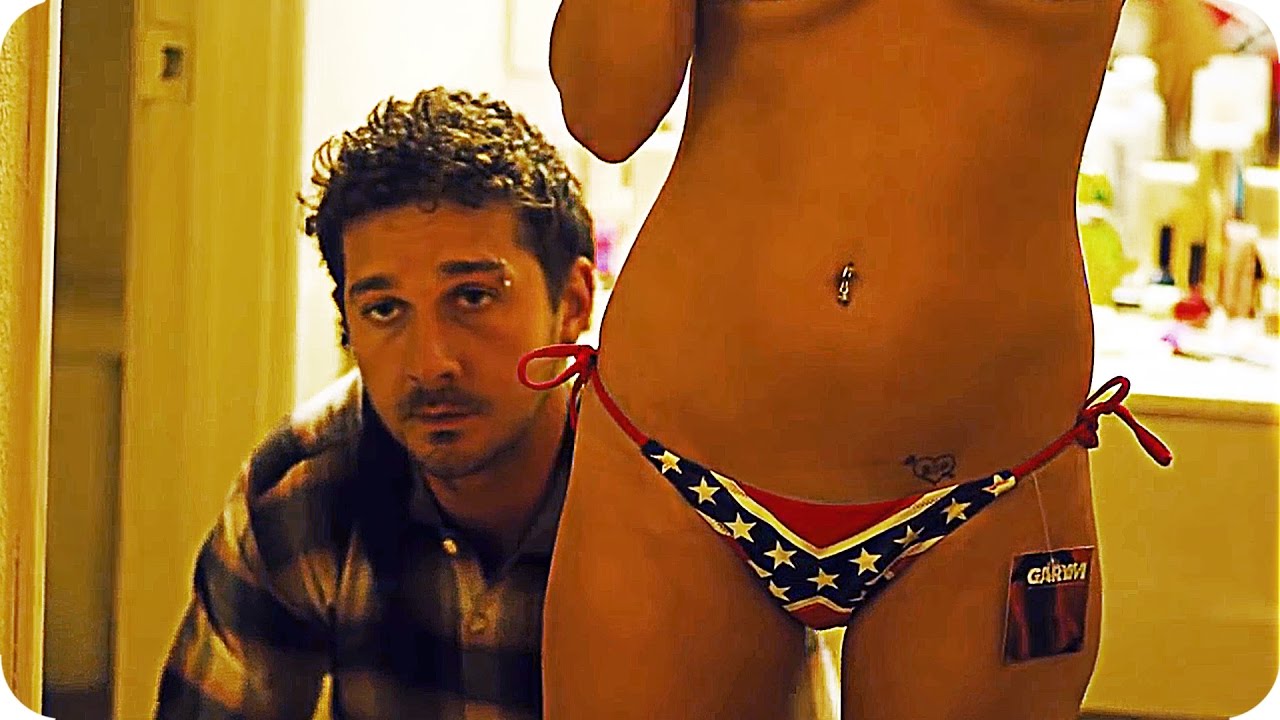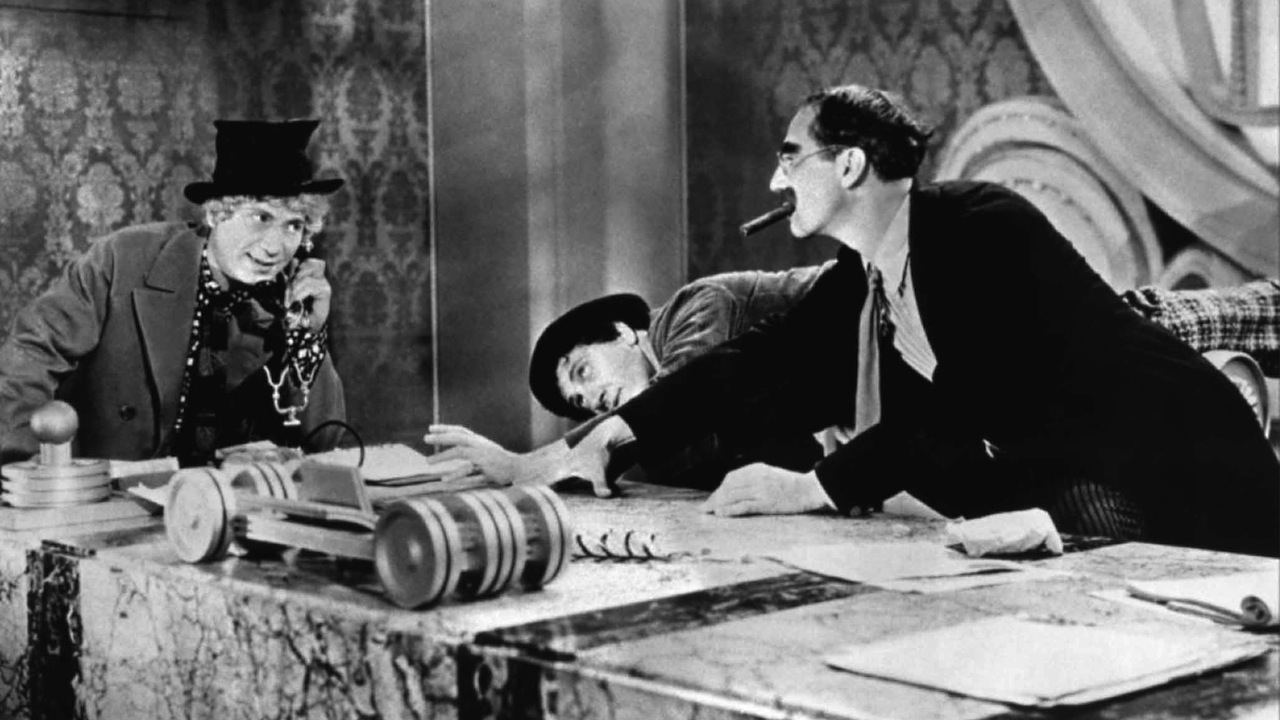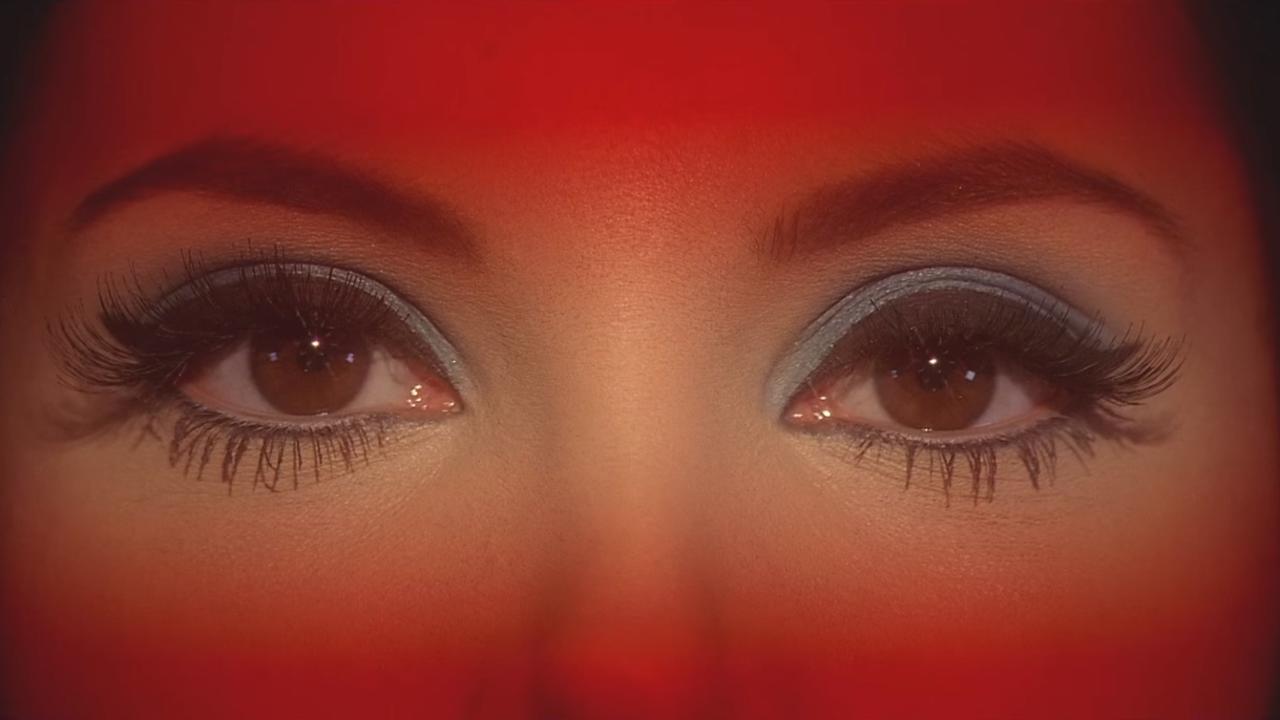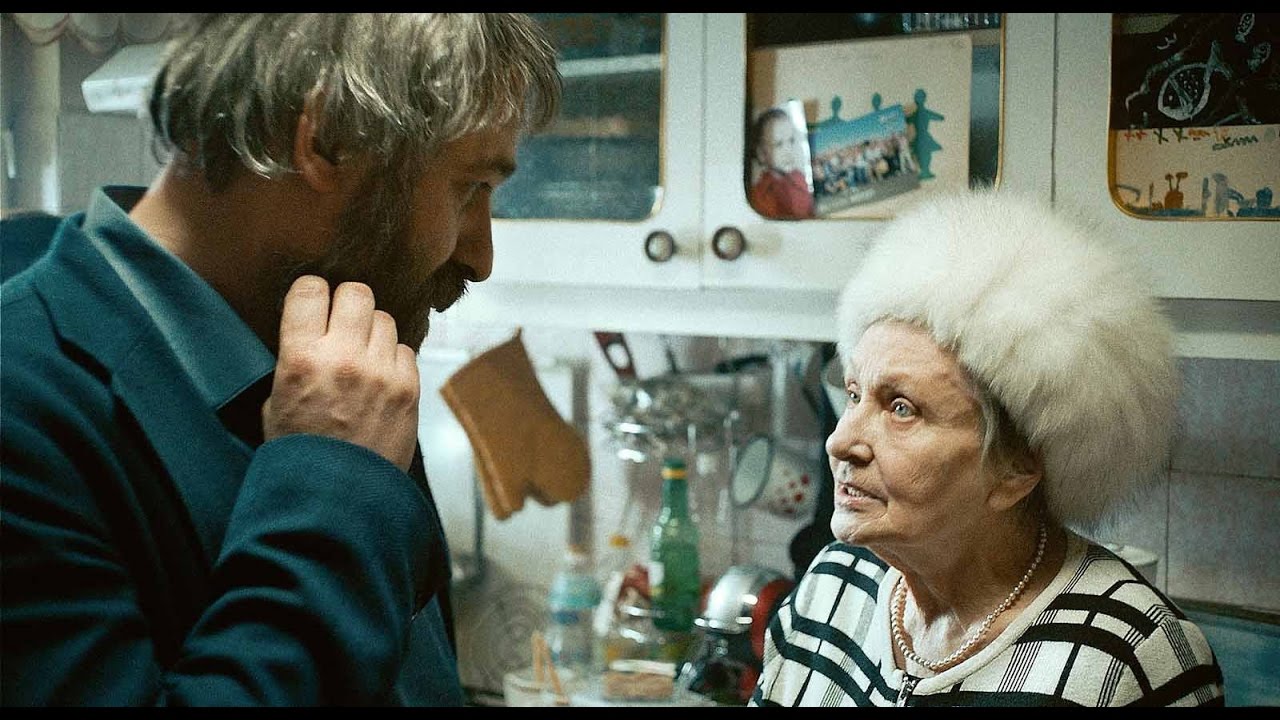Chess is not, shall we say, the most cinematic of games. But Mira Nair’s Queen of Katwe gamely tries to resolve this dilemma with compelling characters, a quietly heroic, underdog narrative, and a whole lot of Ugandan sensibilities and imagery. It mostly works.
April 2017
When Jonathan Demme died yesterday at the age of 73, the tributes poured out. Not only a prolific and varied filmmaker — a guy who could make an iconic horror movie as easily as the greatest concert film of all time, not to mention studied forays into documentary and slice-of-life realist pictures — but also, by all accounts, a kind, decent human being.
At a crucial moment in Ritwik Ghatak’s Ajantrik (frequently translated as The Pathetic Fallacy), our hero Bimal strokes the most important person in his life and says, “Never mind, Jaggadal. You and I … we’re together.”
It’s a poignant moment, this Bengali portrait of devotion and erotic desire in the face of widespread mockery and community derision.
Faithful readers, as well as people I’ve met casually on the street, probably, will know that I am a huge fan of Nathan Rabin.
I have interviewed him. I have written a tribute to the inherent empathy of his work.
Twenty three years before Billy Idol crooned its title while disconcertingly staring at music video audiences, Eyes Without A Face was a horror masterpiece.
Georges Franju’s unsettling meditation on the uncanny still haunts our films. (Pedro Almodóvar had fun reprising it earlier this decade.
Critical responses to American Honey seem to fall into two camps: those who loved its portrait of outsider culture and female empowerment, and those who felt, in the words of my friend and noted critic Charles Bramesco, that it was”just feral white kids ecstatically and unabashedly screaming the N-word over barely listenable trap-rap.”
“I got a good mind to join a club and beat you over the head with it.” So says Groucho at one point in Duck Soup, in a pun that doubles as a summary of the film’s approach.
Duck Soup was the final film the brothers made for Paramount, a bridge-burning coda to their time there.
The films of Matias Piñeiro are, we are told, above all other things “clever”. Arthouse confections structured, however loosely, as riffs on Shakespeare’s plays, the Argentinian-born director’s works straddle a line between creative reimaginings and film school twee. Hermia and Helena is my first Piñeiro (grain of salt and all that), but if it’s any indication, I’m coming down decidedly on the side of the latter.
The Love Witch is a two-hour MASH-note to bygone genre films, with the blindingly bright color palette of a late 60s cheapie and the stilted dialog to go with it. For producer/director/writer/editor/set and production and costume designer/non-harp-playing harp-music composer Anna Biller, it’s clearly a labor of love: there’s a handmade quality to every aspect of The Love Witch‘s pulp-horror stylings, and a witty, feminist self-awareness.
Sieranevada is a chronicle of false starts and interruptions. Clocking in at nearly three hours and rarely venturing out of a single, cramped apartment, writer/director Cristi Puiu‘s ultra-realist epic of Romanian family dysfunction is simultaneously hilarious and insufferable, filled with complicated interpersonal back-stories, old grudges, and meals that can’t seem to get started.





